Global Expansion Strategies for FinTechs in Emerging Markets: A Playbook for Leaders
2nd August 2025
 QR Codes and the Cashless Leap: Transforming India's Financial DNA
QR Codes and the Cashless Leap: Transforming India's Financial DNA
.jpg) The Future of Payments: Trends Reshaping Transactions in 2025
The Future of Payments: Trends Reshaping Transactions in 2025
 The Evolution of Fintech Regulation: What’s Next?
The Evolution of Fintech Regulation: What’s Next?
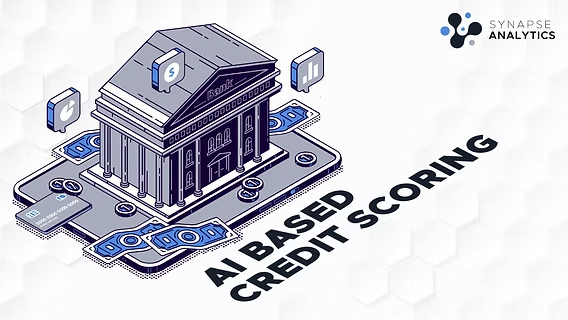 How AI is Transforming the Credit Scoring System
How AI is Transforming the Credit Scoring System
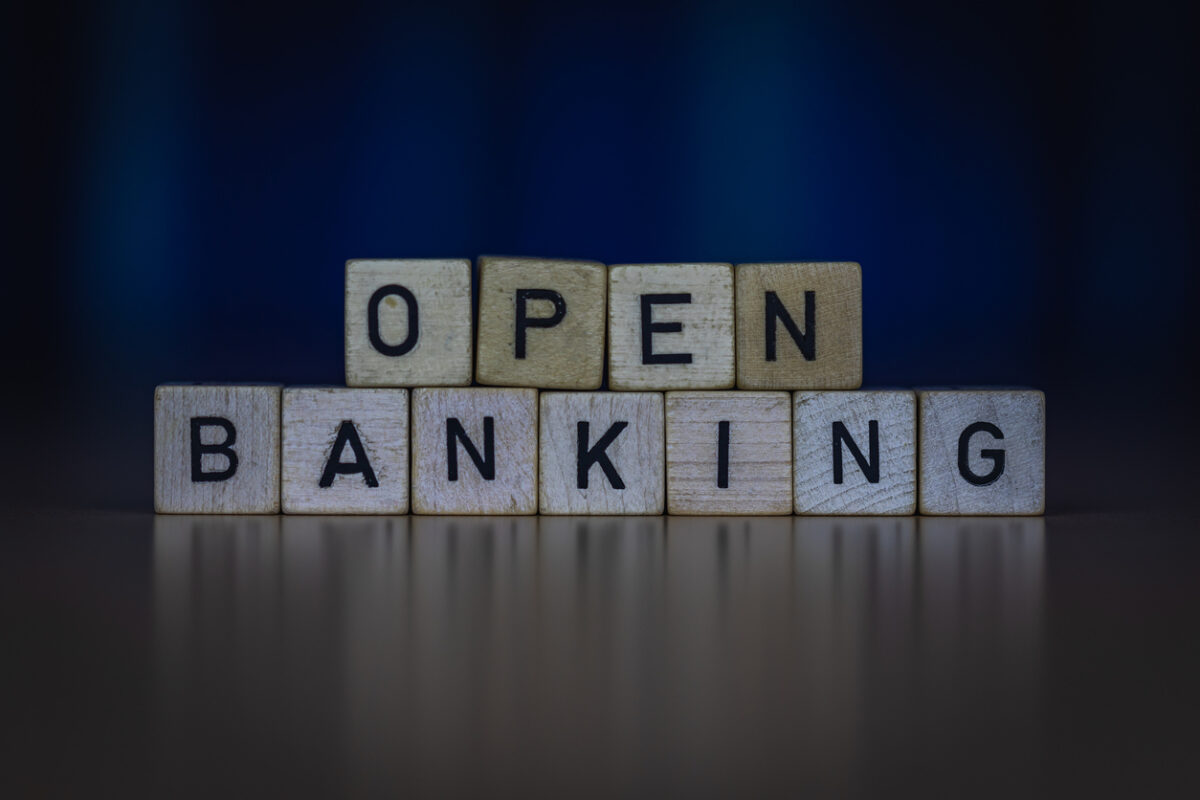 How Open Banking is Shaping Financial Services Globally
How Open Banking is Shaping Financial Services Globally
 The Impact of 5G on Fintech Services
The Impact of 5G on Fintech Services
 What the Future Holds for Digital-Only Banks: Navigating the Next Era of Banking
What the Future Holds for Digital-Only Banks: Navigating the Next Era of Banking
 Flipkart Gets a Lending Licence: A Bold Leap into Embedded Finance
Flipkart Gets a Lending Licence: A Bold Leap into Embedded Finance
 Top Fintech Innovations Shaping 2025: The Future of Finance
Top Fintech Innovations Shaping 2025: The Future of Finance
 Biometric Payments: The Next Big Trend in Secure Transactions
Biometric Payments: The Next Big Trend in Secure Transactions
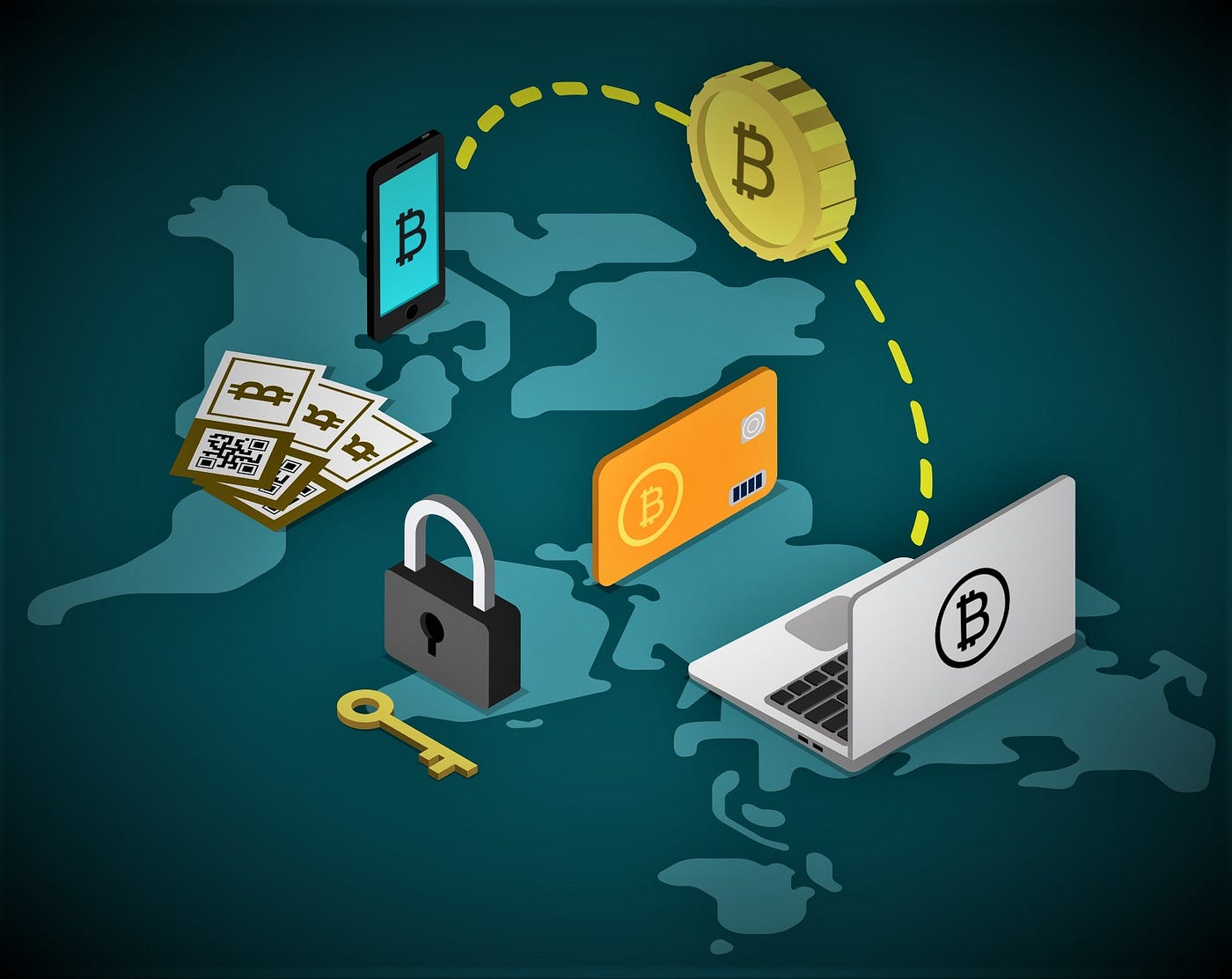 The Role of Cryptocurrencies in Cross-Border Payments
The Role of Cryptocurrencies in Cross-Border Payments
 The Rise of Contactless Payments: Benefits and Security Concerns
The Rise of Contactless Payments: Benefits and Security Concerns


26 March 2025
6 min read
169
The world of finance has undergone a remarkable transformation in recent years, and at the heart of this revolution lies FinTech — a fusion of technology and financial services that is reshaping industries, markets, and consumer behavior. From mobile wallets to online lending platforms, and from blockchain to AI-powered financial services, FinTech is changing the way we manage, invest, and grow our money. And this change isn’t just on the horizon — it’s happening now, at an accelerating pace.
India, one of the world’s fastest-growing economies, has become a hotbed for FinTech innovation, with the sector seeing massive growth in recent years. As FinTech companies push the boundaries of technology and financial inclusion, they are reshaping traditional finance, insurance, and investment industries. Whether you are an entrepreneur, investor, or a consumer, FinTech is poised to redefine your relationship with money and finance.
What Is FinTech?
FinTech, short for "financial technology," refers to the use of technology to offer innovative financial services. These services span a wide range of activities, from mobile payments, digital wallets, and lending to cryptocurrency, blockchain technology, and robo-advisors. The ultimate goal of FinTech is to create more efficient, accessible, and user-friendly financial services, while cutting costs, minimizing intermediaries, and simplifying complex processes.
Key Components of the FinTech Revolution
FinTech's Impact on India’s Financial Landscape
India’s FinTech landscape has evolved dramatically in recent years. With the government's push toward a Digital India and the rise of mobile internet penetration, FinTech is playing a crucial role in promoting financial inclusion and reaching underserved populations.
Challenges and Opportunities Ahead
While the FinTech sector in India is thriving, it is not without its challenges. These include regulatory hurdles, the security of digital transactions, and consumer trust. As FinTech companies grow, they will need to address these concerns, ensure compliance with regulations, and provide robust cybersecurity measures.
At the same time, opportunities abound for businesses in this sector. As the digital economy continues to grow, there is a tremendous opportunity for FinTech entrepreneurs to tap into new markets, build innovative solutions, and drive financial inclusion. Whether through mobile payments, lending, insurance, or wealth management, FinTech is helping reshape India’s financial landscape, and the best is yet to come.
Conclusion: The Future of FinTech
FinTech is no longer a buzzword—it is a driving force behind the future of finance. As the world becomes more connected and digital, the role of FinTech will only grow in significance. From enhancing financial accessibility to driving innovation in banking and investments, FinTech is poised to continue disrupting the industry for years to come.
For those involved in the FinTech ecosystem—whether as investors, entrepreneurs, or consumers—this is an exciting time. The future of finance is being built today, and the possibilities are endless.
Key Takeaways:
As the FinTech industry evolves, it will undoubtedly continue to revolutionize the way we interact with money, empowering consumers and businesses alike. The future is digital, and FinTech is leading the way.
Read Next
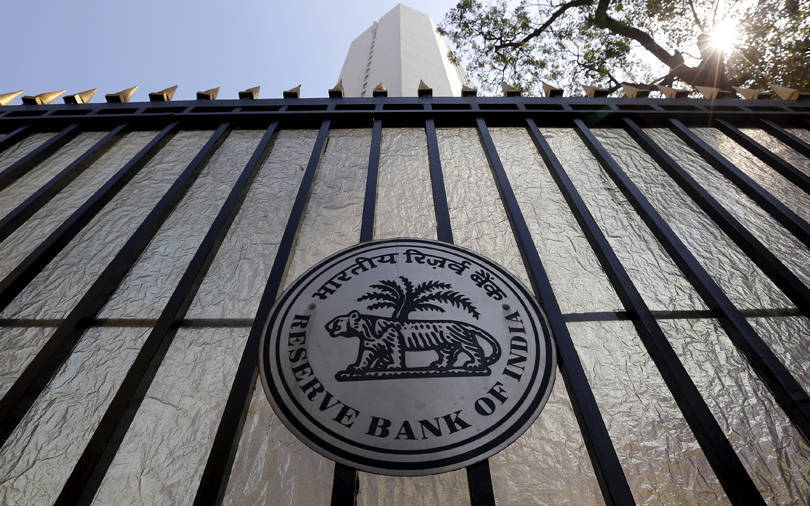 News
News
 News
News
 Article
Article
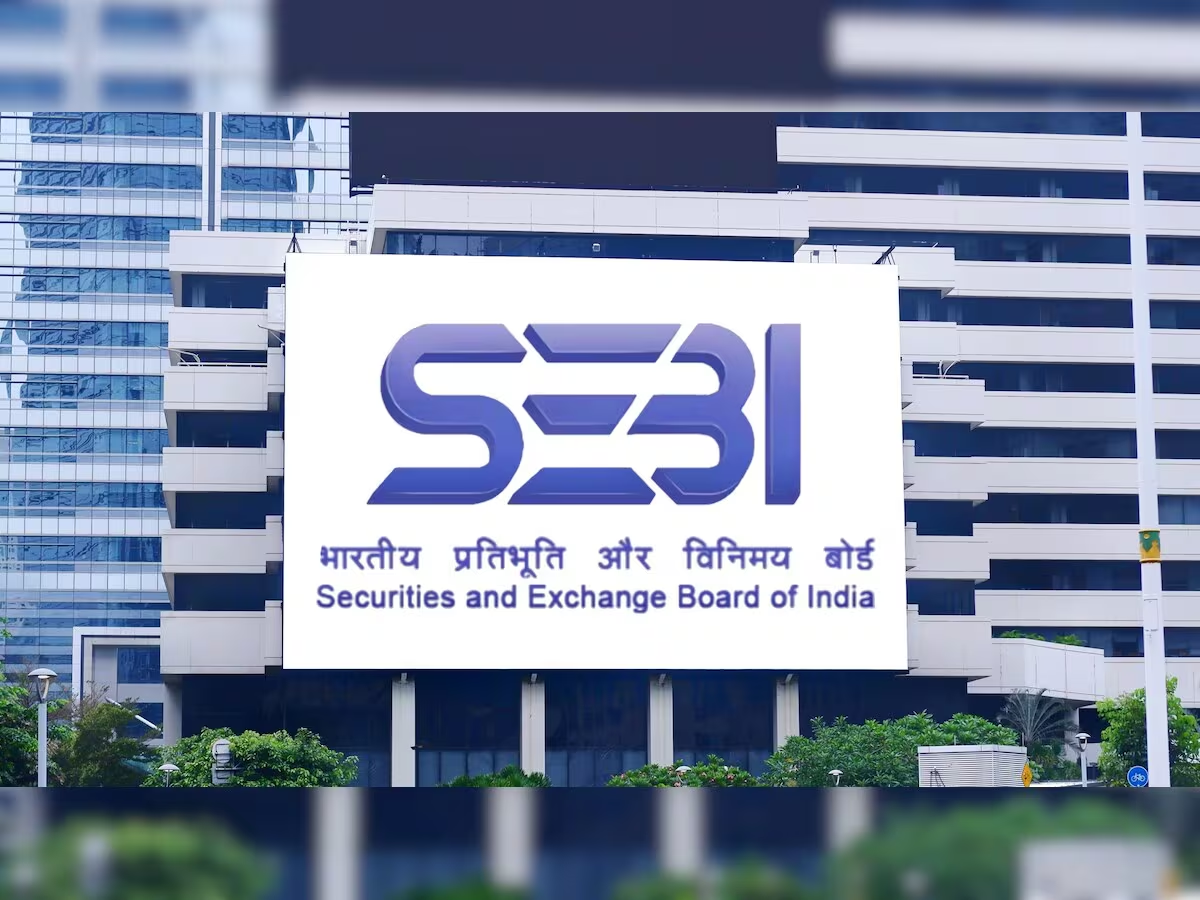 News
News
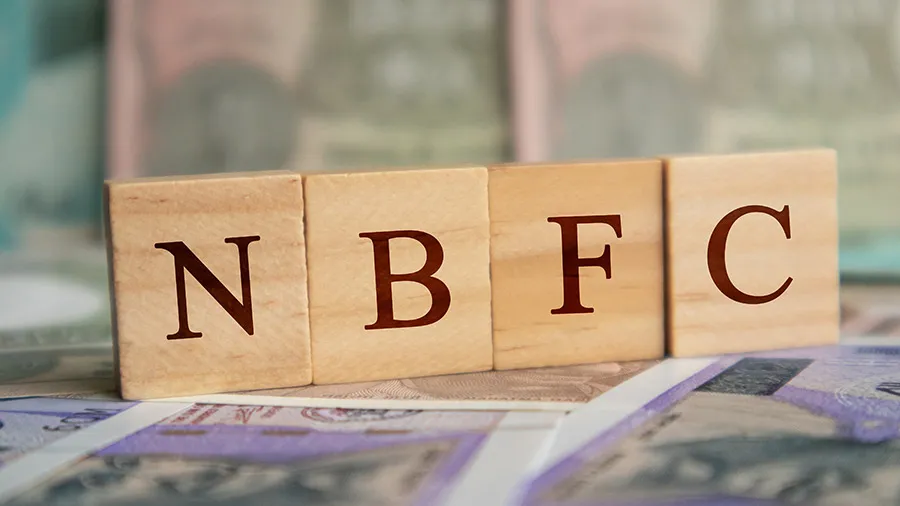 News
News
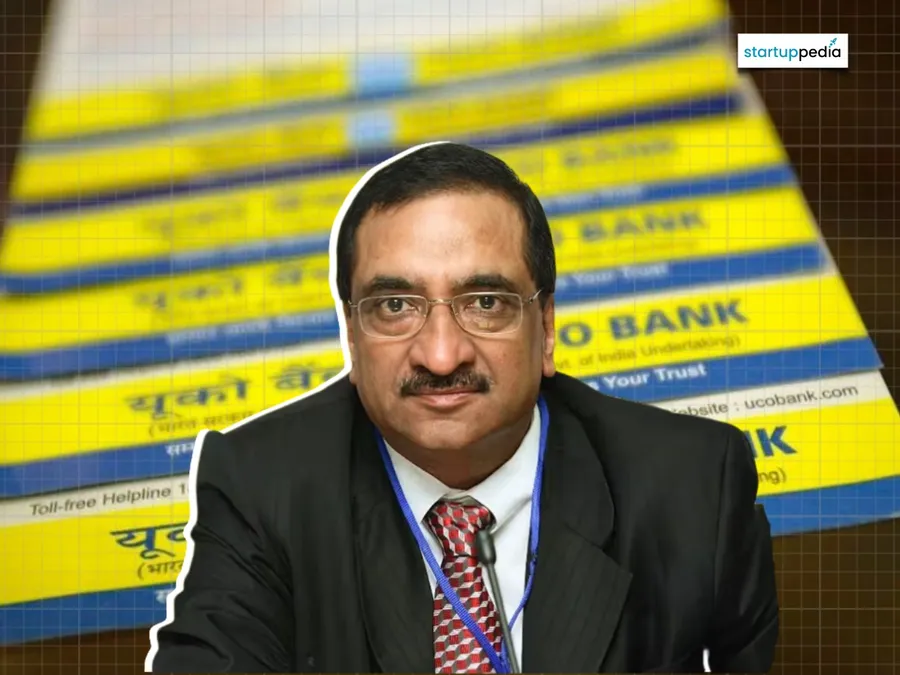 News
News
Live Polls
Live Discussion
Topic Suggestion
Whom Do You Wish To Hear
Sector Updates
Leave your opinion / comment here